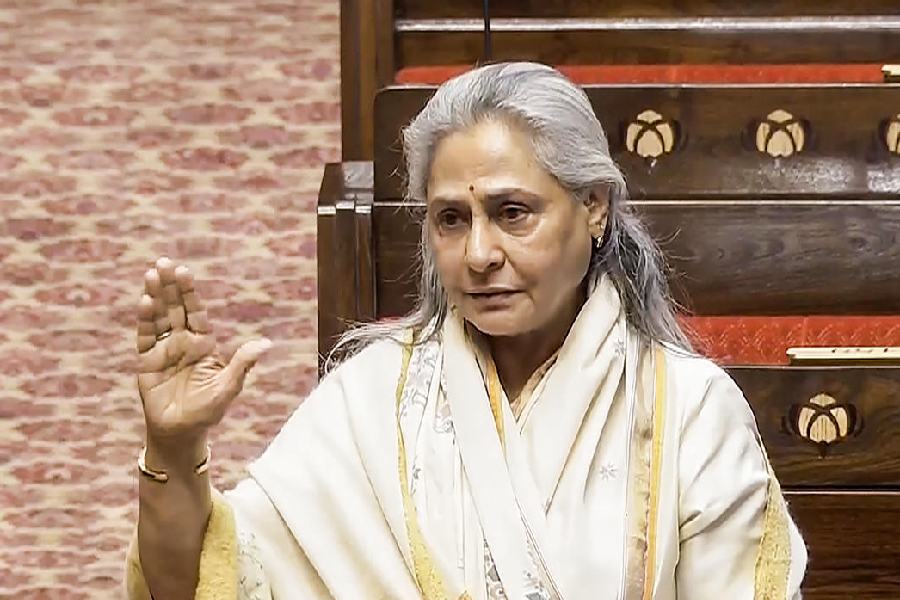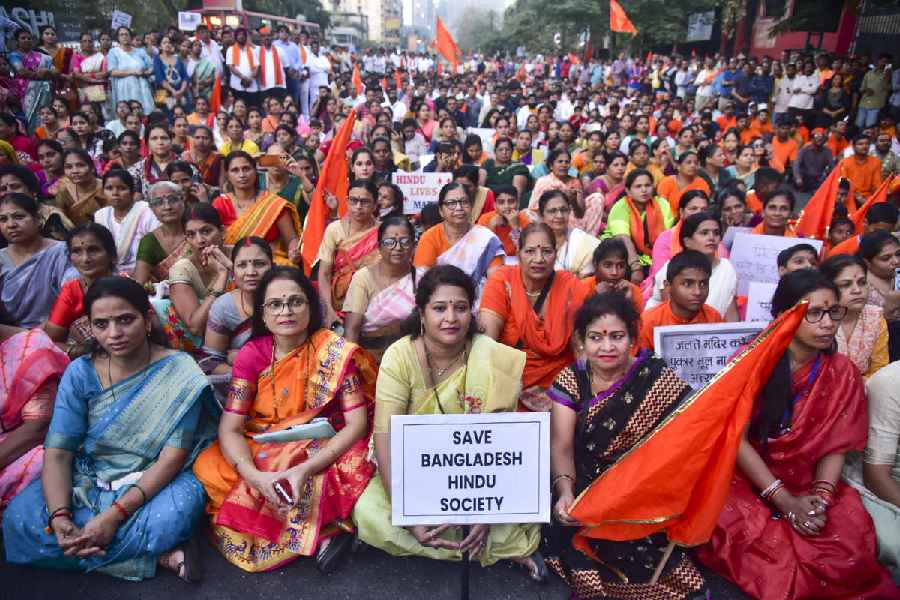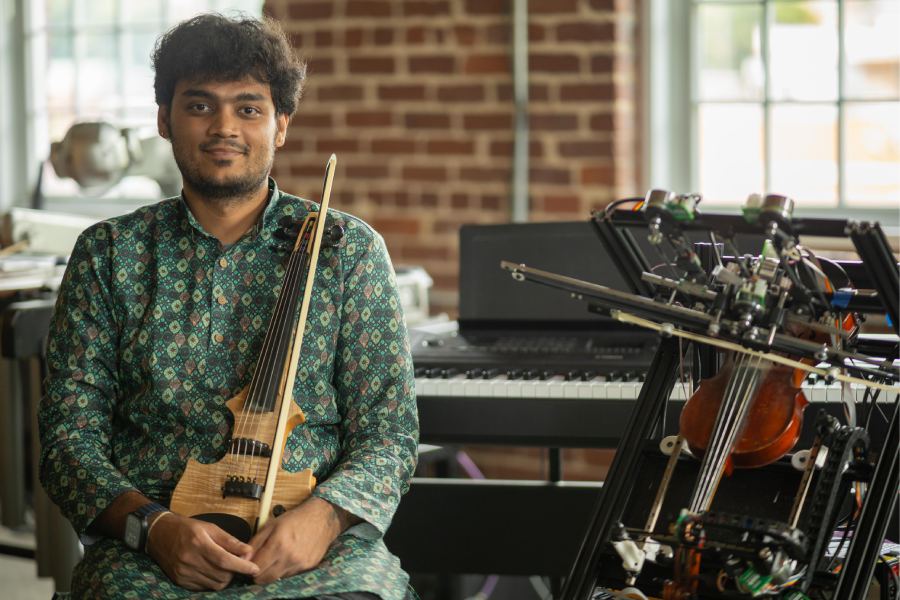Sir — What is common among kale, zucchini, broccoli, red cabbage and dragon fruit? These are fruits and vegetables that were almost unknown to the ordinary Indian even a couple of decades back. The proliferation of cooking shows and their easy availability on televisions and streaming apps have introduced many an exotic fruit or vegetable to the Indian plate. Unfortunately, while other nations like China and Australia have managed to popularize their indigenous produce in this country through these shows, India continues to lose a wealth of such fruits, vegetables, cereal and pulses each year owing to the lack of awareness about them. Can the chefs in India not revive the flavours of their roots?
Rima Roy
Calcutta
Friends in need
Sir — “Kajer belaye kaji, kaaj phurole paji,” goes a popular Bengali adage. This is the perfect expression for political alliances in India. The Bahujan Samaj Party and the Samajwadi Party parting ways is just the most recent example of this. Cracks are beginning to show even within the winning alliance with the Shiv Sena mouthpiece, Saamana, resuming its critical stance of the Narendra Modi government. The strain is also showing in the ties between the National Democratic Alliance and the Janata Dal (United) in Bihar.
Disputes arise between alliance partners over sharing of seats and cabinet berths. Parties that have won seats on the basis of an understanding with another political party in elections tend to forget the importance of the alliance partner once the results are out. This is what has happened to the BSP supremo, Mayawati. After drawing a blank in the 2014 Lok Sabha elections, the BSP managed to win 10 seats in Uttar Pradesh this time. If this gave Mayawati the impression that her party is ready to go it alone, she is mistaken. She needs to be in an alliance if she wants to secure the future of her party.
However, it cannot be denied that coalition of convenience are unlikely to last. People have rejected such understandings with a massive mandate this time. Political parties should thus come up with a viable alternative. Unless alliances have a strong agenda and appear cohesive, people are unlikely to repose their trust in it.
Bidyut Kumar Chatterjee
Faridabad
Sir — The split between the BSP and the SP was expected. The alliance was not based on conviction, objectives of social welfare or ideology; its only agenda was to oust Narendra Modi. This clearly did not inspire voters. Ironically, even though the BSP wants to end the mahagathbandhan and fight solo in the upcoming assembly by-elections, it is Mayawati’s party that has made significant gains by forming an alliance with the SP. The tally of the BSP in the Lok Sabha has gone from zero to 10. One would think this would make Mayawati eagre to continue the alliance.
S.S. Paul
Nadia
Sir — It is not surprising that the so-called mahagathbandhan in Uttar Pradesh, hastily cobbled together before the Lok Sabha polls, could not survive the shock of bitter defeat. Simple arithmetics does not apply to vote banks in spite of what the poll pundits on television might say. The grip that some political parties have over some castes and communities is weakening. Unless the BSP can evolve beyond the personality cult of Mayawati and the SP can reinvent itself ideologically, they will not be able to face the challenges posed by the present political scenario in the country. They need to develop a counter-narrative to the charges of corruption under Mayawati and that of anarchy under the Samajwadi Party government. Simply depending on caste arithmetics will not do.
Young voters have little patience for backward identity politics and entrenched caste hierarchies. What they need is solid agenda to further the twin goals of education and employment. This is what the mahagathbandhan lacked. Herein lies its failure.
Khokan Das,
Calcutta
Parting shot
Sir — The Aam Aadmi Party in Delhi has announced a subsidy scheme for women who chose to ride on the Delhi Metro and buses. This, apparently, will make the city safer for women. While opinions seem to be divided on whether this will ensure the safety of women, one thing that even the detractors of this scheme cannot deny is that this will ease some of the troubles of working women and female students living in the capital. The cost of living in Delhi is prohibitive, more so for single women who have to opt for relatively safe localities even if these are far away from their workplace. This increases the expenditure on daily commute, which will now hopefully come down.
Nidhi Poddar
New Delhi











